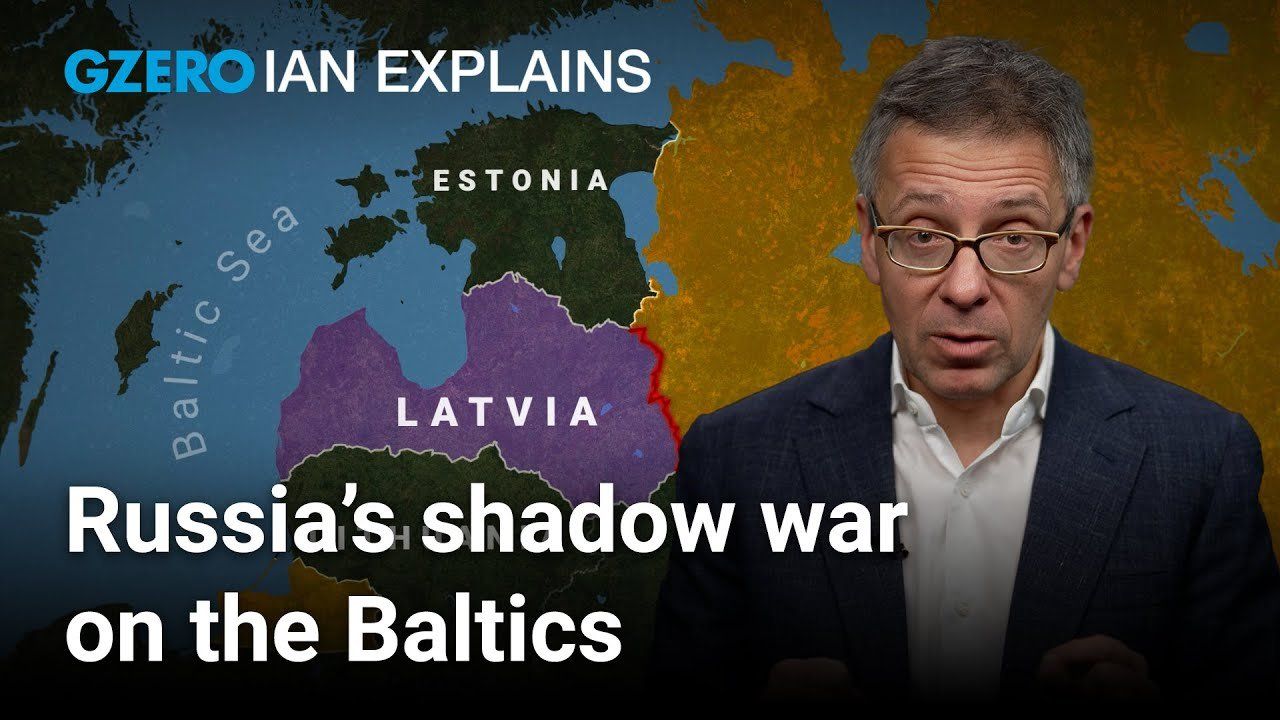February 28, 2025
How far will Russia go to reassert its influence? This question has haunted Europe for decades. The collapse of the Soviet Union in 1991 was supposed to mark a turning point, but for the Baltic nations—Estonia, Latvia, and Lithuania—the shadow of Russian aggression has never truly lifted.
Fast forward to Christmas Day of 2024, when a rickety oil tanker flying the flag of the Cook Islands was caught dragging an 11-ton anchor along the seabed of the Gulf of Finland, severing a critical power cable between Estonia and Finland. Finnish authorities boarded the ship, confiscating 100,000 barrels of illicit Russian oil. EU officials believe the vessel was part of Russia’s so-called “shadow fleet”—aging tankers used to evade sanctions. Some of those same ships, they warn, may also be engaging in acts of sabotage.
Energy infrastructure isn’t the only target. Cyber warfare has long been part of Russia’s playbook. A 2007 cyberattack on Estonia, widely attributed to Moscow, was an early warning of how modern warfare would evolve. Today, those threats have only intensified. Google’s intelligence experts have recently identified Russia’s elite hacking unit, Sandworm, probing Baltic energy grids for weaknesses—the same strike team that has repeatedly shut down power across Ukraine.
It’s no wonder that Latvia, Estonia, and Lithuania now spend more on defense, as a percentage of GDP, than most NATO members. Latvia, for example, has boosted its defense budget from under 1% of GDP in 2014 to a projected 5% by 2026. That’s a figure high enough to impress even US President Donald Trump. And as President Trump signals a more conciliatory stance toward Moscow—softening relations while berating Ukraine’s leadership—the question isn’t just how far Putin will go, but will the West be able to stop him?
GZERO World with Ian Bremmer, the award-winning weekly global affairs series, airs nationwide on US public television stations (check local listings).
New digital episodes of GZERO World are released every Monday on YouTube. Don't miss an episode: subscribe to GZERO's YouTube channel and turn on notifications (🔔).
From Your Site Articles
- Lithuanians decide on dual citizenship ›
- Sweden deploys troops to Latvia ›
- When Russia is your neighbor: Estonian PM Kaja Kallas' frontline POV ›
- Could this spread beyond Ukraine? ›
- Leaders of Poland, Nordic & Baltic countries affirm strong support for Ukraine ›
- As Russia gains ground in Ukraine, Baltic states worry the war will spread west ›
More For You
Most Popular
- YouTube
In this Quick Take, Ian Bremmer reacts to President Trump’s State of the Union address, calling it “a rehashing of the greatest hits” with little new policy direction.
Small business hiring surged 7% above the 2024 average in December, led by a surprise rally in retail. But with uncertainty still historically high and mounting concerns over tariffs, can this momentum survive 2026? Explore the data behind the resilience of the US small business sector. Get the latest economic insights from Bank of America Institute.
© 2025 GZERO Media. All Rights Reserved | A Eurasia Group media company.
